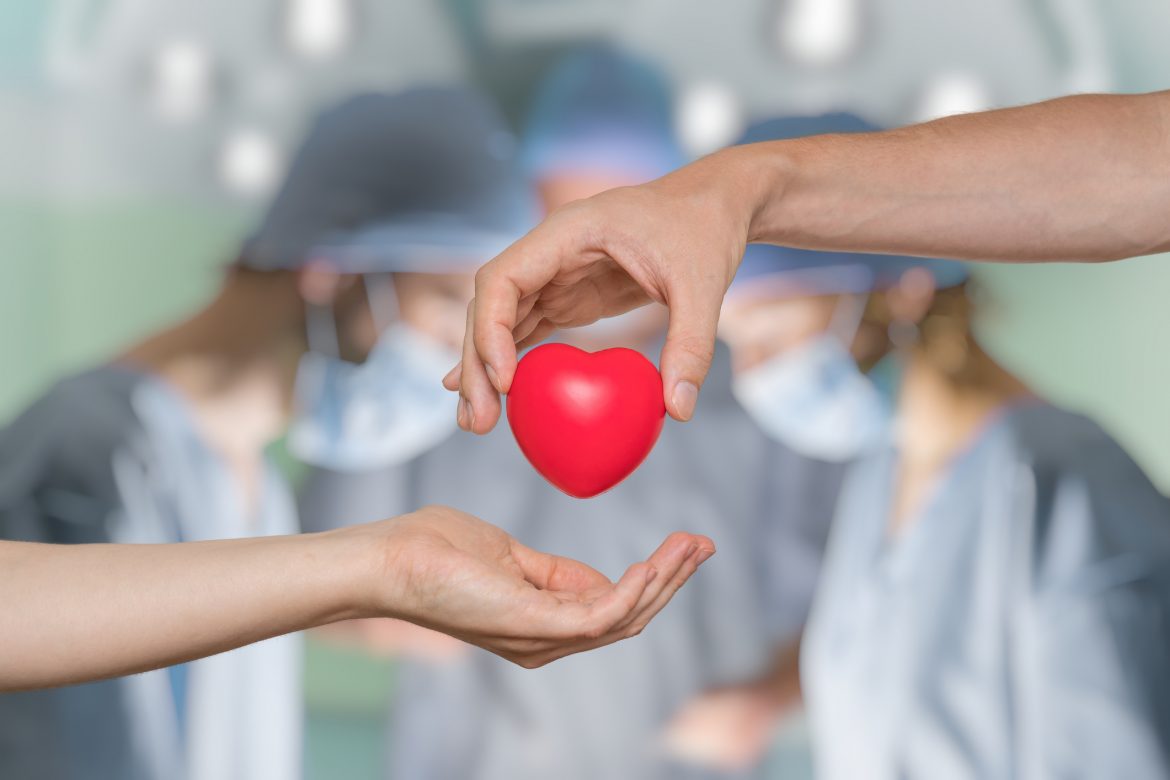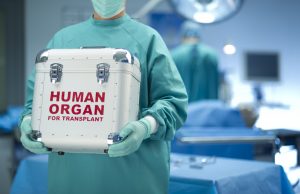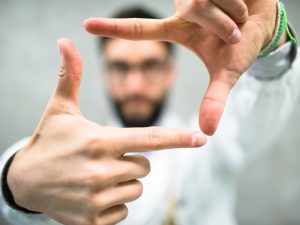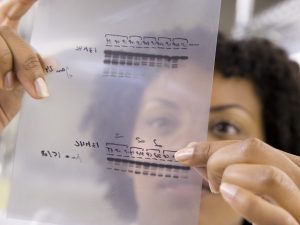

Transplants provide vital life
Organ donation is the process of giving an organ, or partial organ, to help someone. These transplants can save a life or greatly enhance someone’s health, abilities, or quality of life. Organ donors themselves are usually deceased, but many organs and tissues can be taken from living donors. There are eight major organs that can be easily transplanted. However, there are also corneas, skin, face and hands, bones and bone marrow, and heart valves which are used. There are actually around the same number of living and deceased donors every year. Organs are currently only harvested from donors when they have given their full consent, or the family’s consent if they have died. Complete privacy is then maintained for both the recipients and the donors or their families. At the moment, this whole life-saving process is entirely reliant upon the many donors or their families agreeing to make the donation of their organs.
The Future of Organ Donation
Patients waiting for organ donations are registered on a list held on a national computer network. If an organ donor is identified, then a computer programme generates details of the potential recipients. These patients are ranked by certain criteria and can be waiting months, or even years for that vital organ. Over 125 million people are currently registered to donate their organs. Unfortunately, only a small percentage of these, around 3 in 1,000, will be able to donate when they die. For this reason, Governments are now looking at different ways to address the issue. The UK is currently taking steps towards making adults presumed organ donors. This means that everyone will naturally become organ donors unless they specify otherwise. Many countries have already adopted this policy to help address the shortage of organs available for transplant. They have “presumed consent” laws, where people must take formal steps if they do not want their organs to be used. Some of these have been operating for decades, but most have been adopted in recent years. The three European countries of Portugal, Belgium and Spain have the highest donation rates, and also have longstanding laws of presumed consent.
Donation Is A Special Gift
The ability to transplant organs is one of the greatest advances in medicine today. As modern medicine progresses, so does the list of the types of tissue and organs that doctors can successfully transplant. With that, our ability to donate and save lives also increases. The need for donors is still much greater than the supply, and everyone should consider this option. Regardless of health, age, or race, we should not rule ourselves out. Even for those that have a health condition, it can still be possible to donate. Nobody is too young or old, from newborn babies to people in their 90s, who have successfully donated. Life should be about giving and there is no better way than with the gift of life. A Calgary shoe shiner got a surprise kidney donation from one of his brave customers, in a recent heartwarming story. Not everyone is able to consider this of course, but we can, and must volunteer to donate our organs today.




